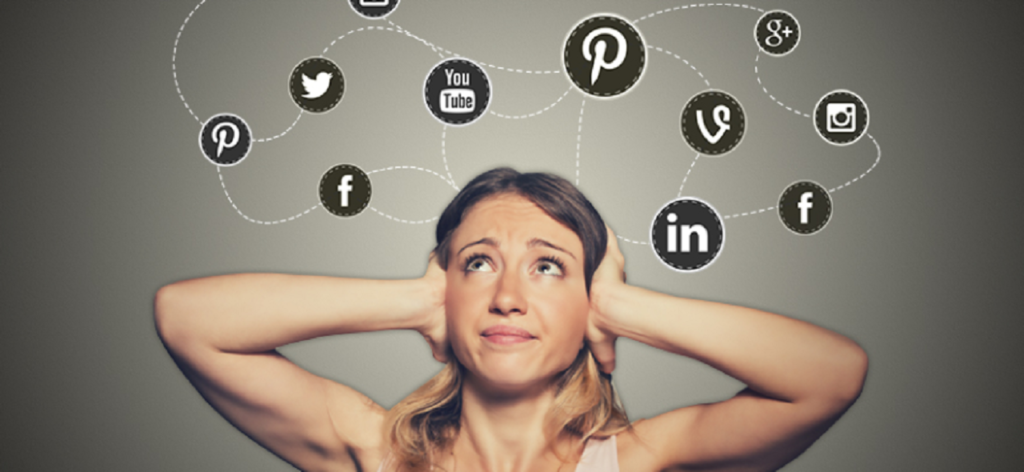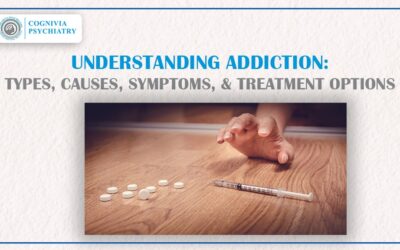
Social media has become a ubiquitous part of modern life, with billions of people worldwide using various social media platforms. While social media can have many benefits, such as connecting with friends and family, staying informed, and sharing experiences, it can also have a significant impact on mental health.
One of the most significant ways social media impacts mental health is through the development of negative body image and self-esteem issues. Social media platforms are filled with images of seemingly perfect people with ideal bodies, leading individuals to compare themselves to these impossible standards. This can lead to feelings of inadequacy and low self-esteem, which can significantly impact an individual’s mental health.
Social media can also contribute to feelings of anxiety and depression. The constant scrolling, comparing, and exposure to negativity on social media can cause individuals to feel overwhelmed and isolated. Additionally, social media can contribute to feelings of fear of missing out (FOMO), leading individuals to feel like they are not keeping up with their peers.
Another way social media can impact mental health is through cyberbullying. Cyberbullying can take many forms, from hurtful comments to spreading rumours or malicious images. This can lead to feelings of shame, embarrassment, and anxiety, which can significantly impact an individual’s mental health and well-being.
Social media can also contribute to addiction and compulsive behaviour. The constant stream of notifications and updates can create a sense of urgency and an addiction to the platform. This can lead individuals to spend excessive amounts of time on social media, leading to neglect of other aspects of their life, such as work, school, and relationships.
Fortunately, there are ways to mitigate the negative impact of social media on mental health. One of the most effective ways is to limit social media use. Taking breaks from social media, set usage limits, and avoiding social media before bed can help individuals avoid the negative impact of social media on mental health.
Another way to mitigate the negative impact of social media is to cultivate a positive online environment. This can involve unfollowing accounts that make you feel inadequate or upset, following accounts that inspire and uplift you and using social media to connect with positive, supportive individuals.
Finally, seeking support from mental health professionals can be an effective way to cope with the negative impact of social media on mental health. Therapists can provide individuals with the tools and coping mechanisms they need to manage their mental health in the face of social media’s negative impact.
In conclusion, social media can have a significant impact on mental health, contributing to negative body image, anxiety, depression, addiction, and cyberbullying. While it can be challenging to navigate the negative impact of social media, taking breaks, cultivating a positive online environment, and seeking support from mental health professionals can be effective ways to mitigate the negative impact of social media on mental health.







